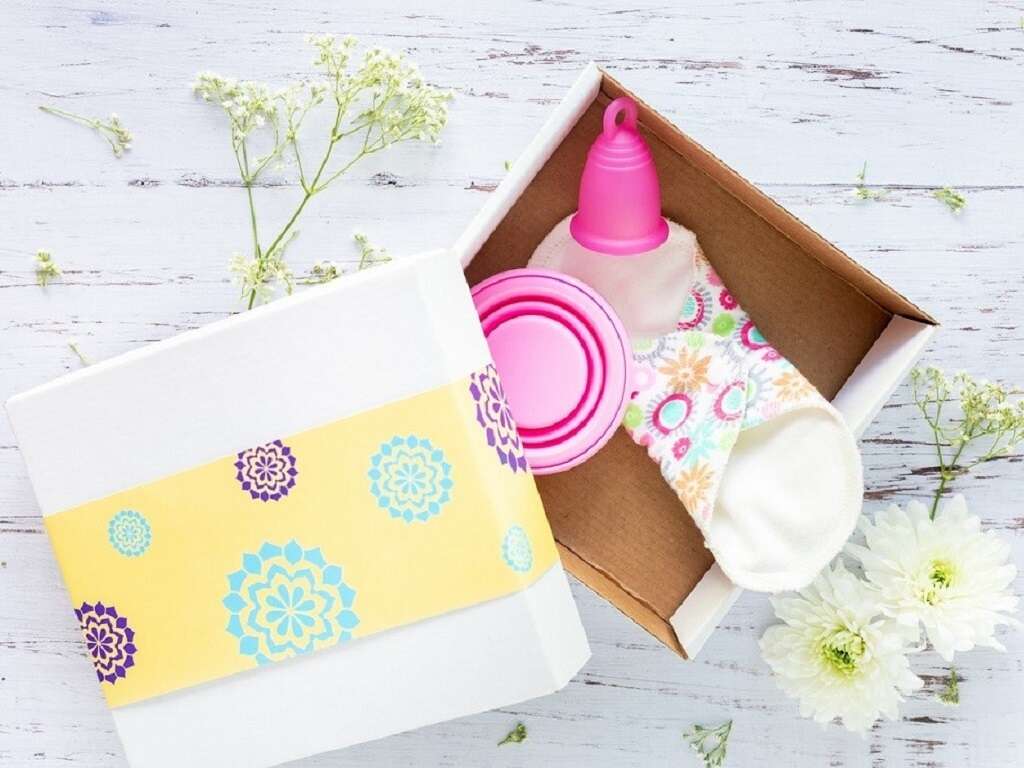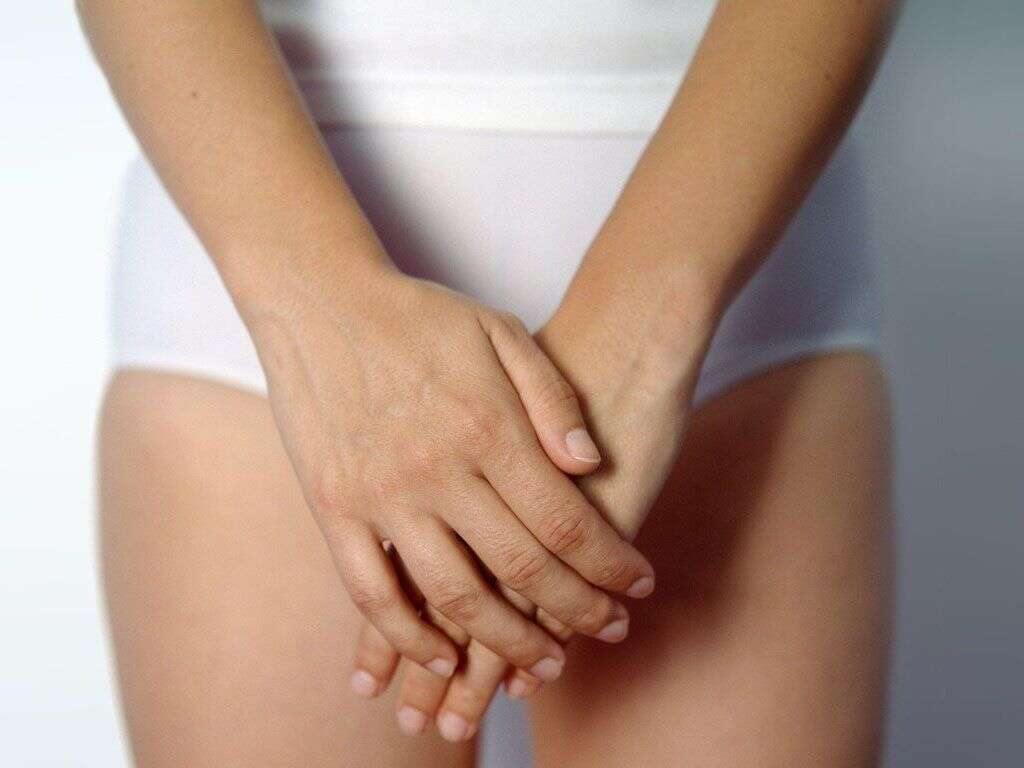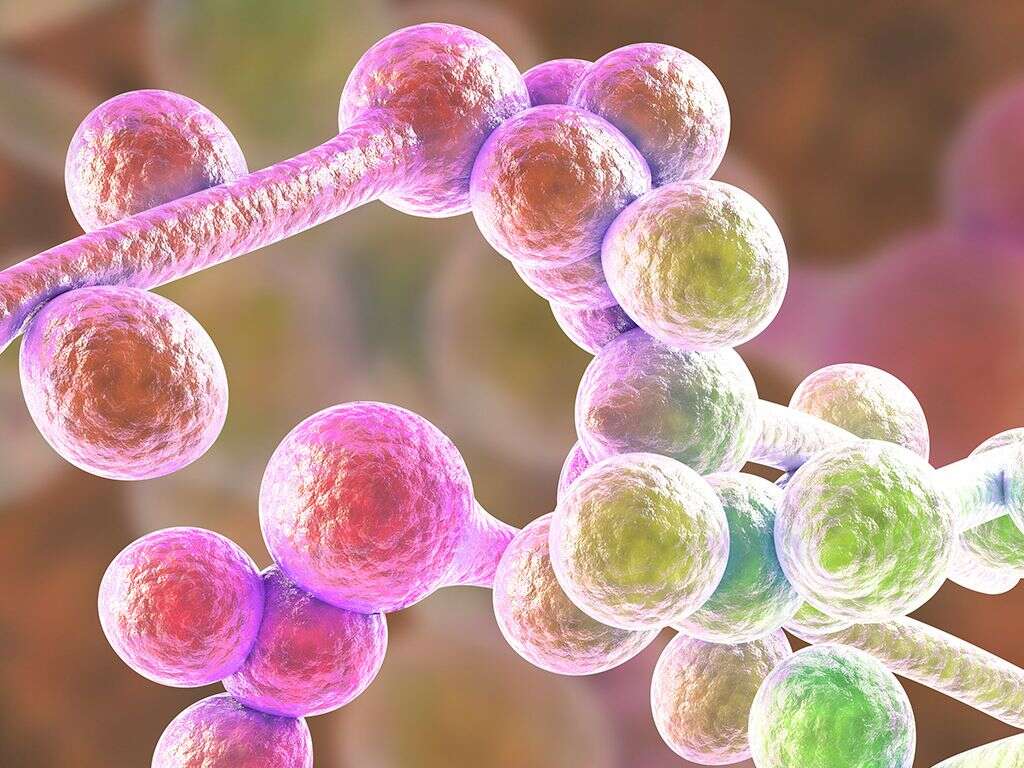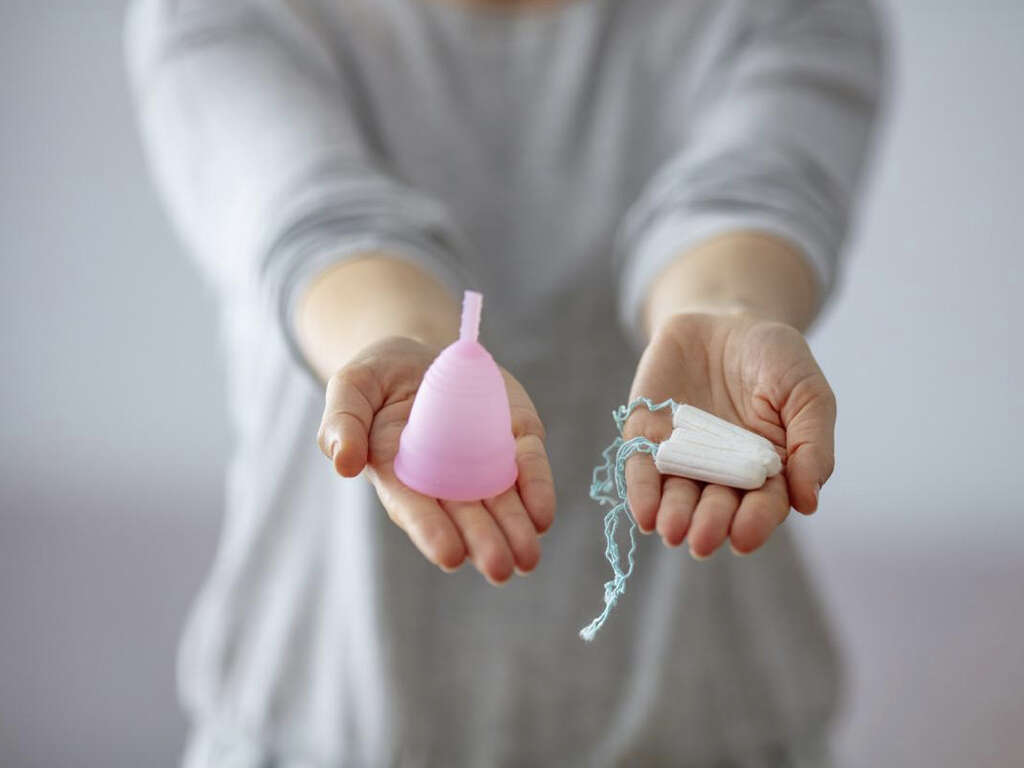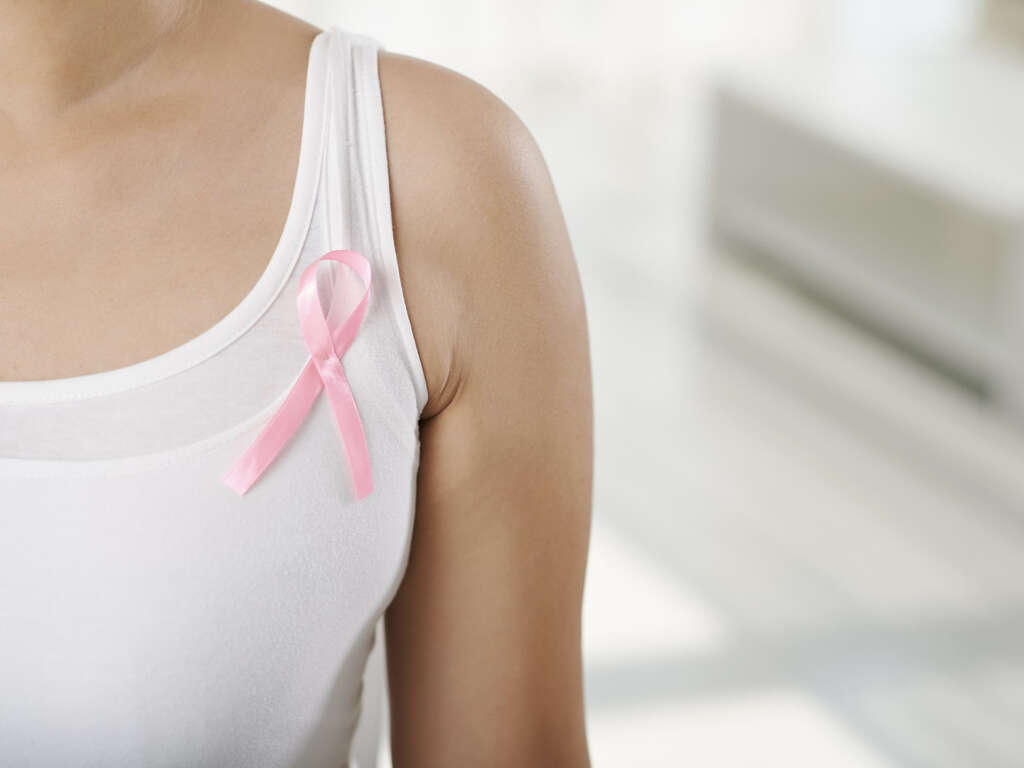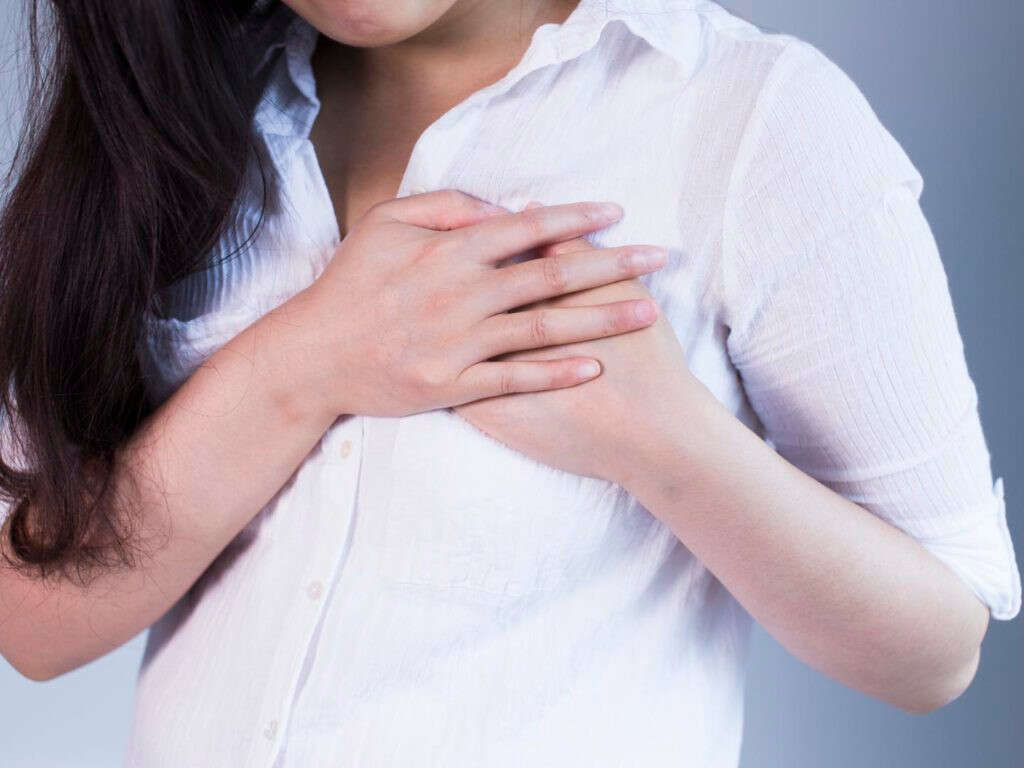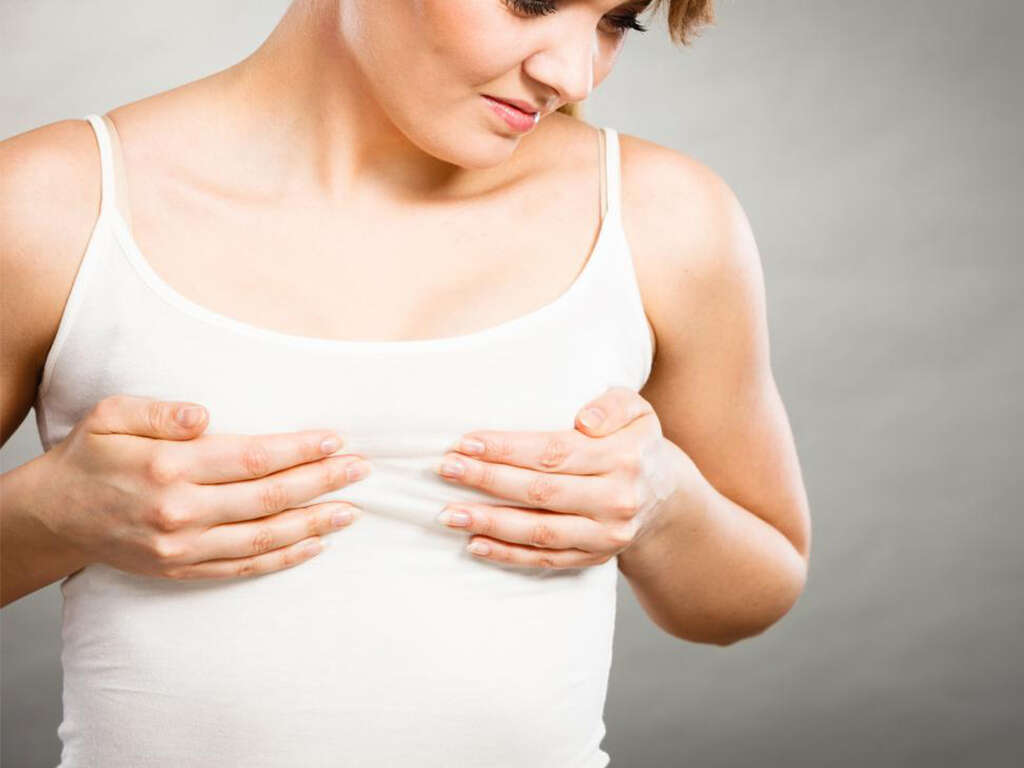10 Causes of Breast Pain
Females develop their breasts during adolescence. The breasts emerge as a result of changes in the amount of estrogen that is produced. Estrogen also causes a number of other mental and physical changes in the body as a girl grows through teenagehood.
There are a number of different things that can contribute to breast pain. One of the most common things that leads to breast pain is the menstrual cycle. During this monthly cycle, there are a number of changes that occur in a female’s hormonal profile. These changes can result in a number of changes, one of which can cause pain in the breasts or the surrounding tissue. The medical term for breast pain is mastalgia, and the problem is relatively normal among females of different ages. There are two main categories that mastalgia fits into: cyclical and noncyclical.
Cyclical mastalgia is the most common form of breast pain and occurs during the menstrual cycle. There are a number of different hormonal changes that can lead to cyclical mastalgia; regardless of the cause, they tend to go away after the cycle has been completed. Noncyclical mastalgia is breast pain that doesn’t have anything to do with the menstrual cycle. There are a very large number of things that can cause noncyclical mastalgia, ranging from injury or muscle strain to other hormonal changes. Since there are so many potential causes of noncyclical mastalgia, it can be difficult for patients or doctors to identify what’s actually causing the pain. Breast pain can range in severity from relatively mild to quite intense. If you’re experiencing breast pain and you’re wondering what it could be caused by, reading this list of causes might be helpful for you.
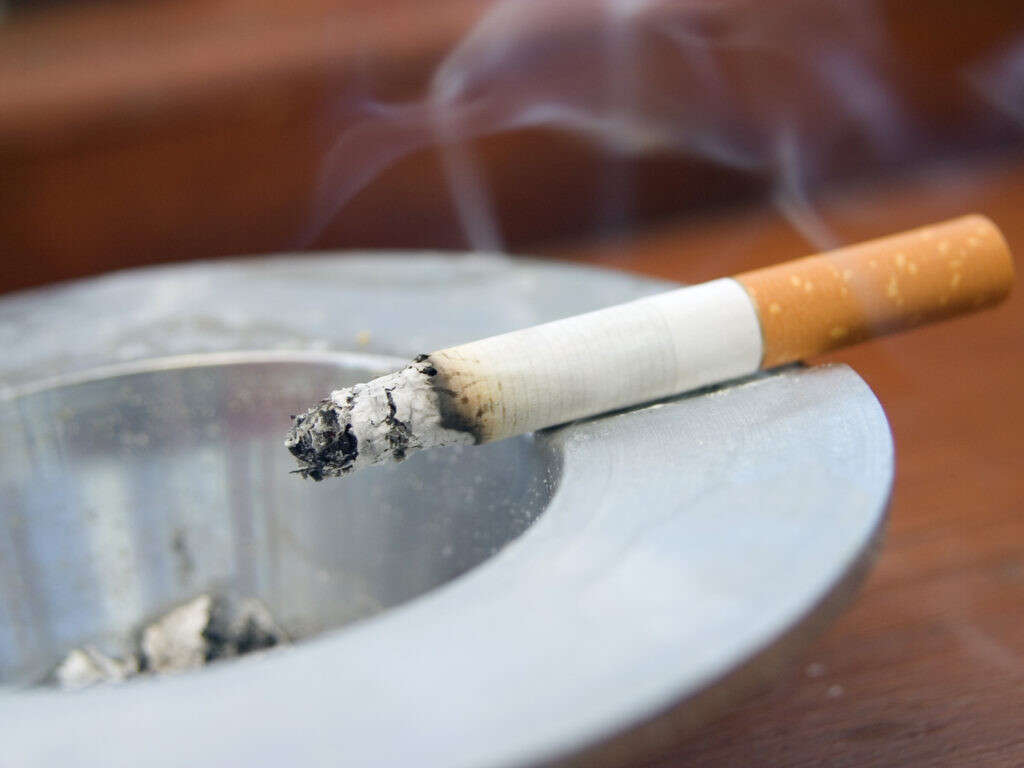
Cause #1: Menstruation
There are a number of reasons why a woman might experience changes in hormones, and one of the main reasons is the menstrual cycle. The two main hormones affected by menstruation are estrogen and progesterone. Both of these hormones are known to cause changes in a woman’s breasts.
Some women report that the pain becomes more severe as they grow older. This can occur as a result of becoming more sensitive to their sex hormones. Some other women have reported that they don’t experience any pain after their menopause.
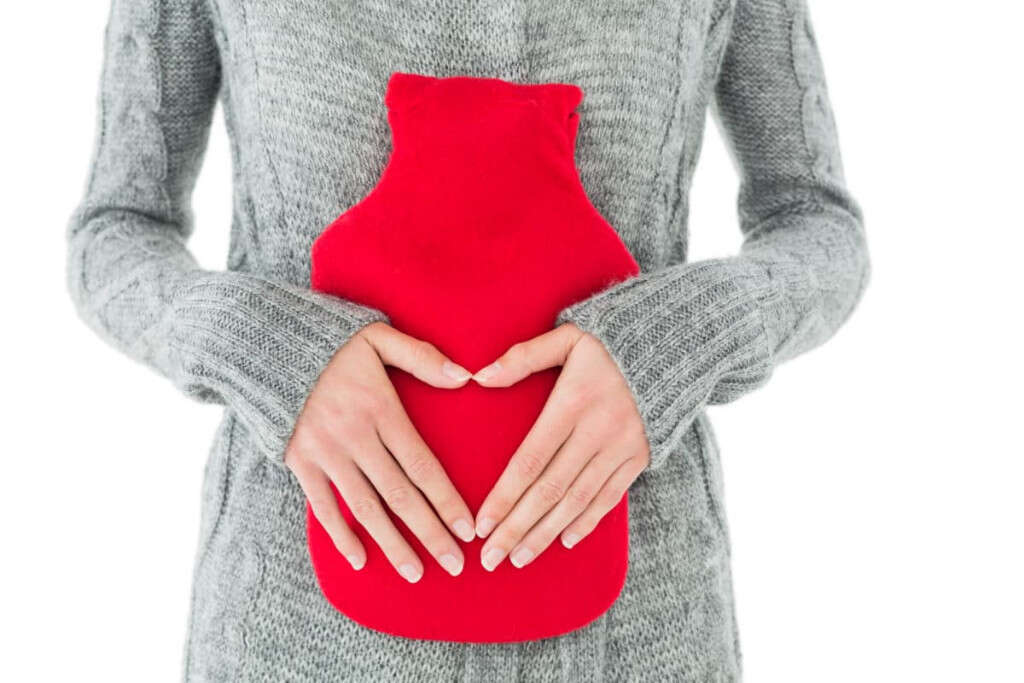
Cause #2: Cysts
Women undergo a process known as involution as they get older. During this process, the tissue in the breast becomes fat; one of the results of these changes are the increased risk of developing cysts. This happens because women develop more fibrous tissue in their breasts and this is more likely to create or contribute to cysts.
These cysts are not always painful, but they certainly can be. Fortunately, cysts caused by this type of change are not generally dangerous and don’t require medical attention.
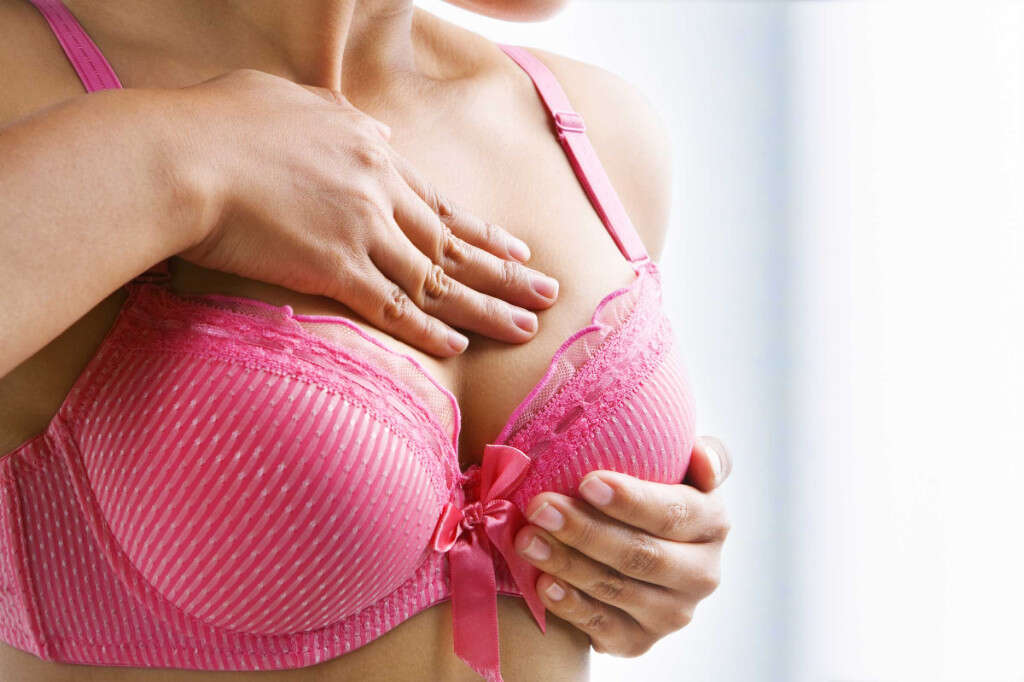
Cause #3: Mastitis
Mastitis is an infection that can affect the milk ducts of a pregnant woman.
Mastitis is known to be one of the most painful conditions that can affect the breast and it can cause a number of different symptoms such as itching, burning, or even changes in the color of the skin around the breast.
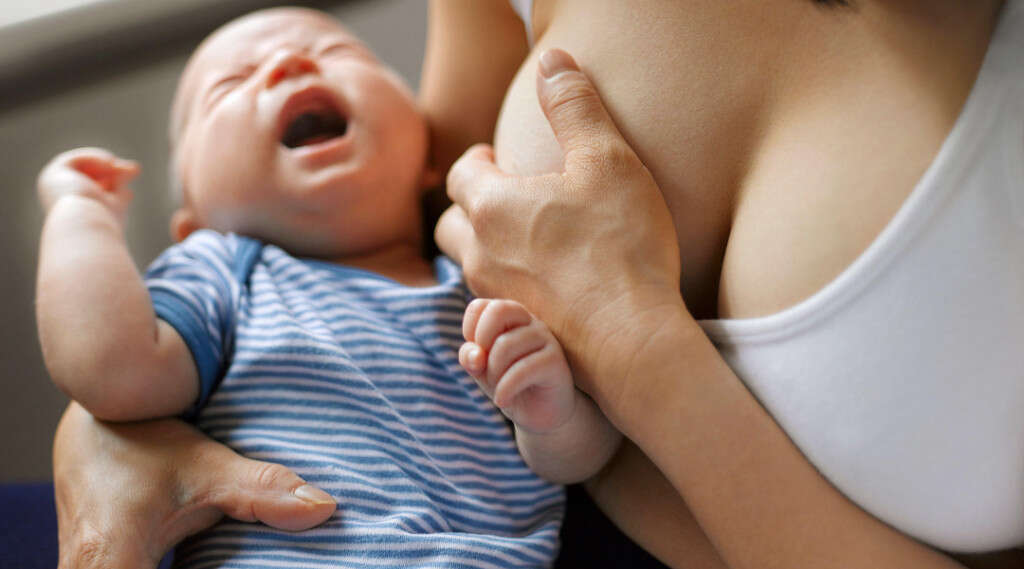
Cause #4: Engorgement
Engorgement is a problem that occurs when a pregnant woman’s breasts become overfilled. If this happens, the breasts will seem larger than normal and the skin in the area will feel tighter than normal and quite painful.
One of the best ways to manage the pain of engorgement is obviously to feed your baby or pump, but if this isn’t an option then you can try to manually extract some of the milk into a bottle so your baby can drink it later.
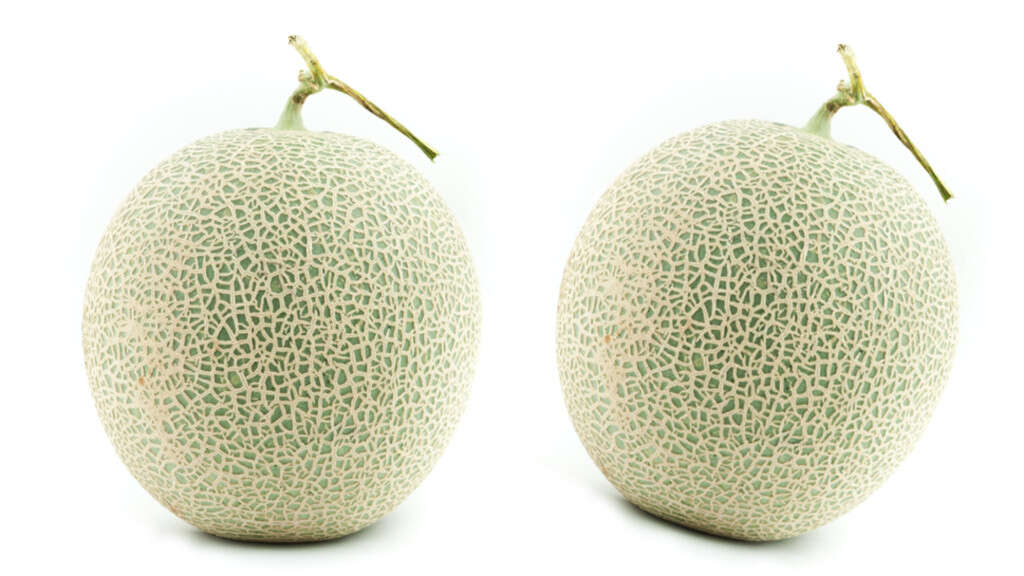
Cause #5: Latching Problems
Latching is the term that’s used to describe the way that your baby attaches to your nipple during feeding. If your baby isn’t latching properly, then you will probably experience a number of symptoms, one of which could be pain.
There are medical professionals known as lactation consultants who will probably be able to help you and your baby develop a better latching technique.

Cause #6: Diet
Your diet has a huge impact on every facet of your life. If you eat an unhealthy diet full of saturated fats and refined carbohydrates, you will be more susceptible to health problems.
An unhealthy diet can lead to your immune system growing weaker, meaning you’ll be more likely to develop infections of the breast.
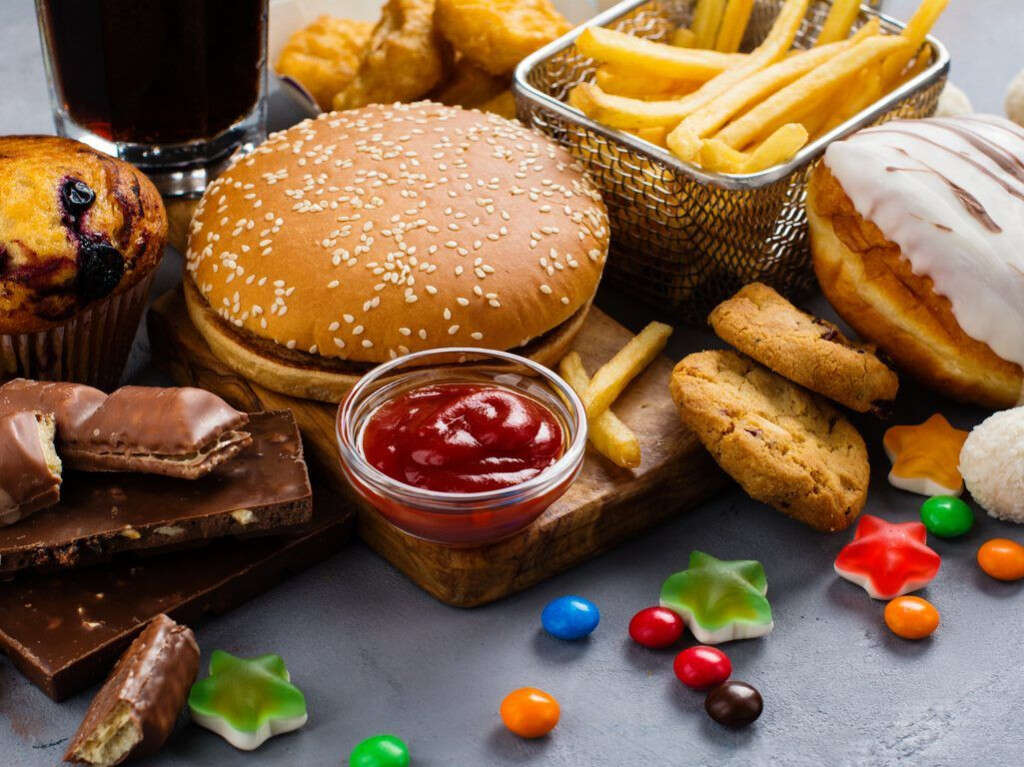
Cause #7: Large Breasts
Another reason for breast pain is a problem with the size of the breasts. Some women with large breasts may experience pain due to stretching of the connective tissues within the breast. Back pain may also occur if the breasts are disproportionately large compared to the rest of their bodies.
Some women are able to reduce the size of their breasts through surgery and others are able to work through it with physical therapy.

Cause #8: Breast Surgery
If you have had breast surgery, such as to remove a tumor or to reduce the size of your breasts, then it’s possible that you may develop scar tissues or discomfort.
For the weeks after your operation, you will very likely experience some degree of discomfort, especially if you’re active.
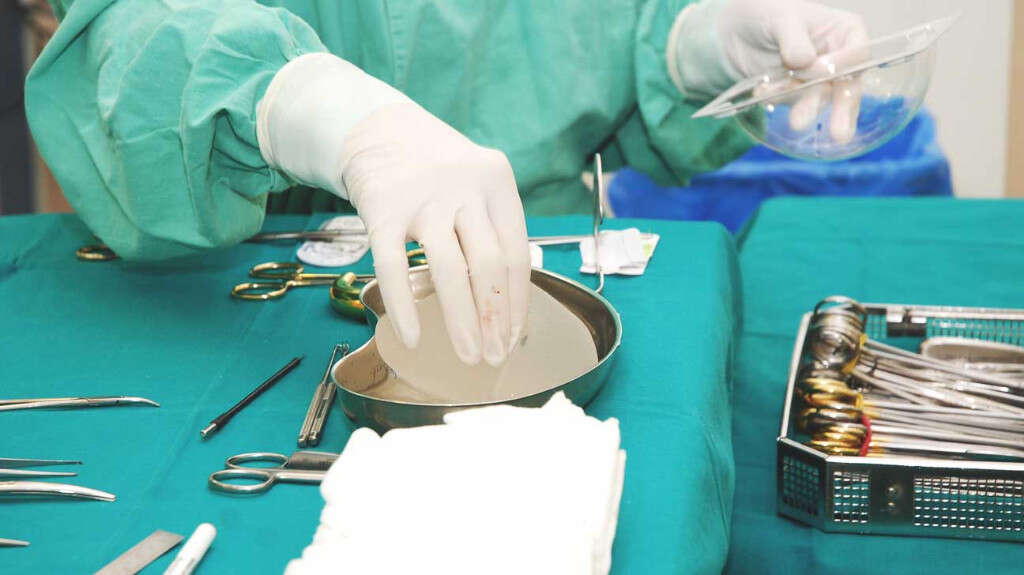
Cause #9: Medication
There are a number of drugs that can contribute to breast pain. Medications like antidepressants, antibiotics and any form of hormonal treatment, will influence the way that your body produces hormones.
This, in turn, can influence the way that your breasts feel. If the changes aren’t beneficial then this can result in pain.

Cause #10: Smoking
Smoking is a dangerous habit, to be sure. Aside from many of the more obvious problems that smoking causes, it’s also possible that it can contribute to breast pain.
This is because smoking tobacco is known to cause the body to send more epinephrine to the tissue in the breast. This hormone is known to contribute to pain in the breast.




